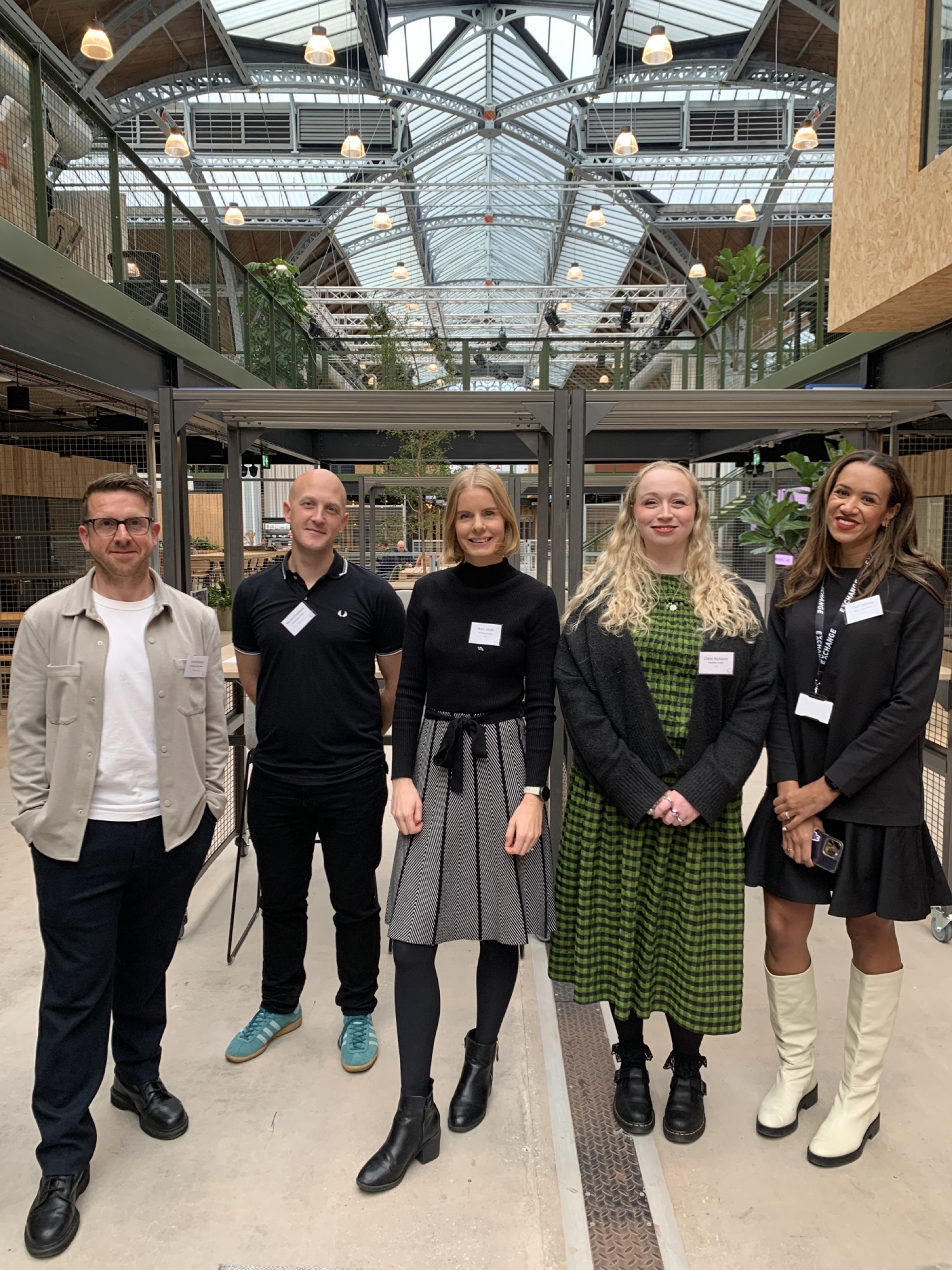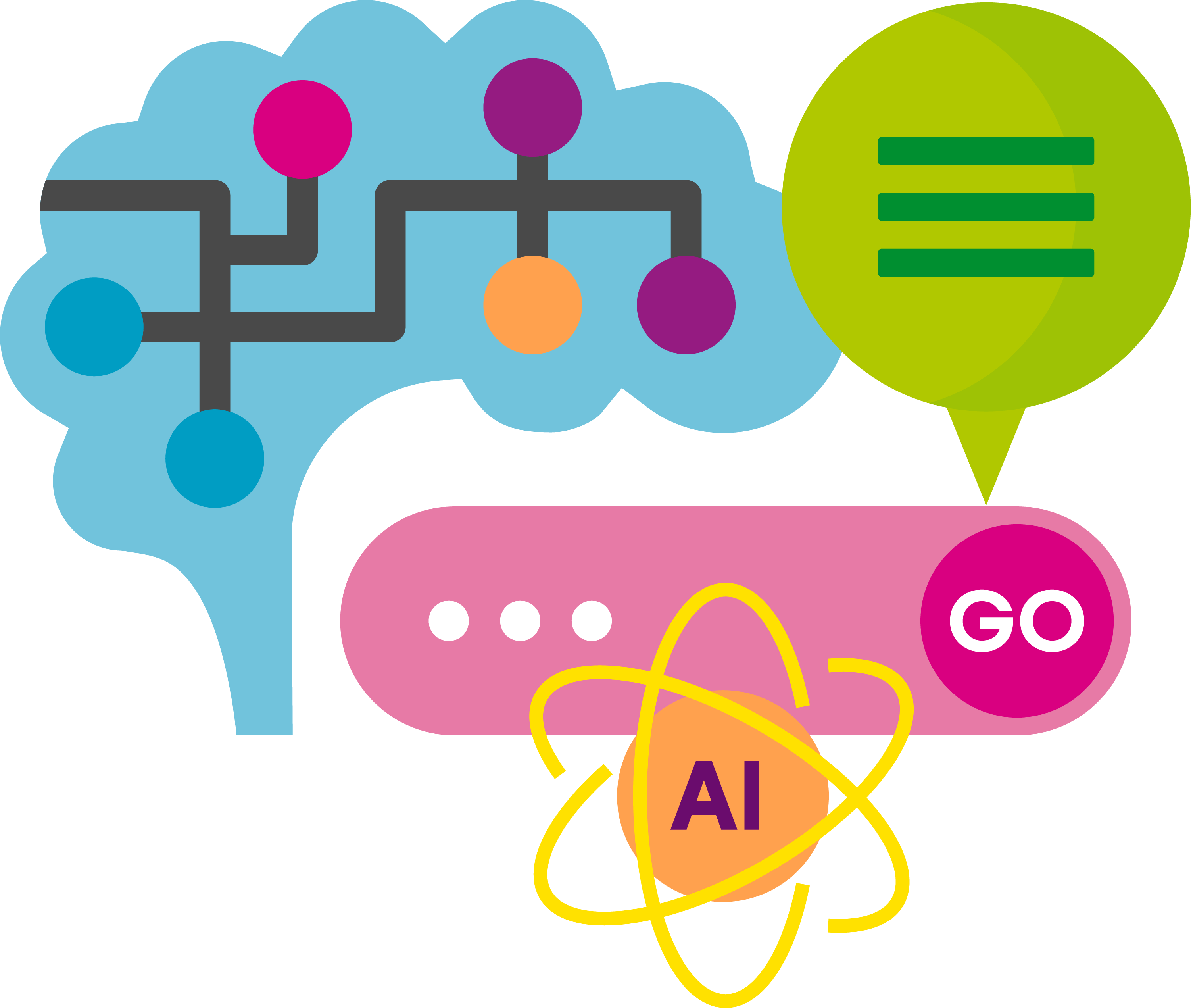
At Manchester Digital, we like to interview our members to find out a bit more about what they do and their work in the Greater Manchester digital and technology sphere. This week we're speaking with Steve Clarke, Programme Manager (National Centre for Computing Education) at STEM Learning.
Can you tell us about STEM Learning and the organisation's mission? What impact have you had in promoting STEM education, particularly in the Greater Manchester area?
STEM Learning and the National Centre for Computing Education (NCCE) have a mission to improve lives through STEM education. We work extensively across the North West and throughout Greater Manchester delivering high impact CPD for primary and secondary school teachers and facilitating STEM Ambassador engagements with young people.
Two thirds of secondary schools and half of primary schools in Greater Manchester have accessed computer science CPD from the National Centre for Computing Education - and 80% of all the schools in Greater Manchester have recorded engagement with a STEM Ambassador.
Why is teaching digital skills to students from an early age crucial? How does proficiency in these skills benefit individuals and society as a whole?
The government’s Essential digital skills framework sets out what’s important in relation to digital skills, if children are introduced to these early they can build them into everything they learn. A powerful computing education at primary schools is a vital part of this.
Young people need the skills, knowledge, and confidence to understand the digital world in which we live. In both their school and personal life, they will use technology to develop solutions to problems. By teaching a high-quality computing curriculum to all students, we ensure the next generation possess a high degree of digital literacy and are better equipped to succeed in the technology-driven world.
Supporting and empowering teachers is essential for effective STEM education. What initiatives or programs does STEM Learning have in place to provide professional development and resources for teachers in Greater Manchester?
Providing continuous professional development (CPD) opportunities for teachers to improve the quality of education is vital to improve the way STEM and computing are being taught in schools across the country. When this is combined with access to high quality teaching resources, opportunities to meet STEM Ambassador role models and other enrichment initiatives, a full support picture for schools and colleges emerges.
Computer Science is an increasingly important subject, yet it is optional at the GCSE level in the UK. What are your thoughts on making Computer Science a compulsory GCSE subject, and what steps can be taken to achieve this?
A strand of the NCCE is to promote and support the introduction of GCSE Computer Science in secondary schools who currently don’t provide it as an option. However, while GCSE Computer Science presents great opportunities for young people, this route isn’t suitable for all learners. Just as important is having a broad and relevant curriculum for computer science for all students aged 11-16, and the Computing Quality Framework (CQF) supports this. Through the CQF schools can assess their provision and create tangible plans to improve across seven key dimensions. A high-quality computing curriculum ensures equality of opportunity and equips students for post-16 study in computing, cyber security, digital production via either A levels, T levels, BTECs of apprenticeship routes.
The gender balance among the computer science students needs consideration. Launched in September 2023, the I Belong programme provides support for educators to ensure computer science teaching is inclusive and contextualised appropriately for a wider audience. One of the ways we engage more girls in Computer Science is through student events. Recently, we have run an event in collaboration with STFCs Hartree Centre in Daresbury – showing Year 9 girls the latest research in the field of computing and computer science and that it is very relevant for them.
Access to technology and digital resources can be a barrier for some students, particularly those from disadvantaged backgrounds. How can we address this issue of social mobility and ensure that all students have equal opportunities to engage with and learn digital skills?
Digital poverty is a real issue, there are many charities and schools working in the space to address hardware and connectivity barriers. Our role in this area is to ensure teachers provide relevant computing and computer science teaching which can be accessed by all students.









